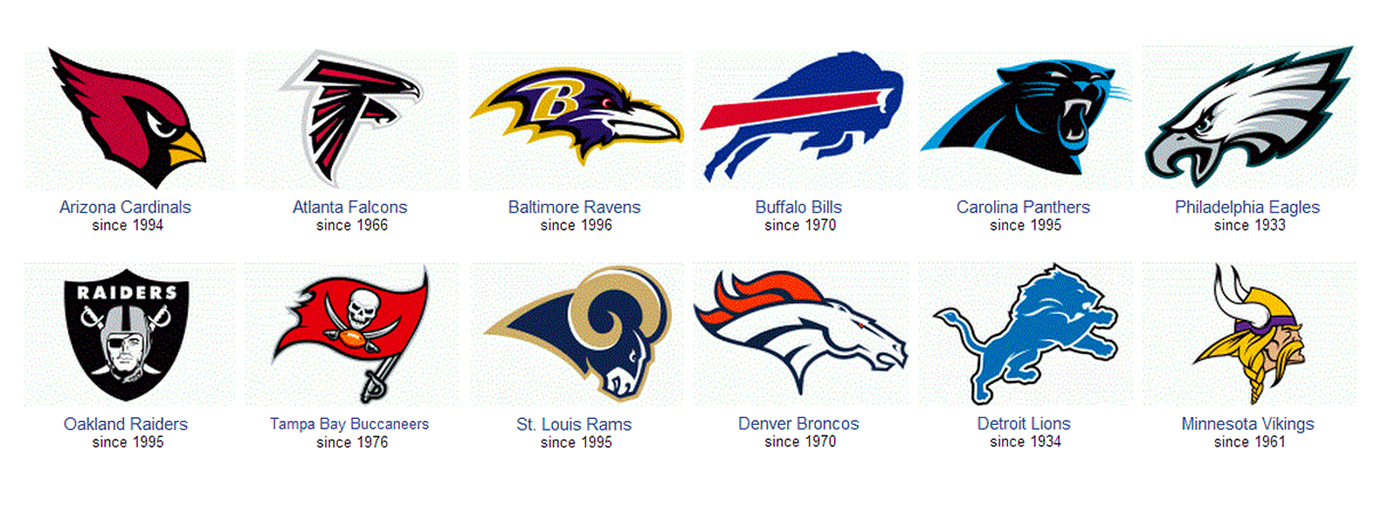Football is a beloved sport that brings people together, fosters teamwork, and ignites passion. Starting your own football team can be an incredibly rewarding experience, but it also requires careful planning and execution. Whether you’re a seasoned sports enthusiast or a budding organizer, this comprehensive guide will equip you with the essential steps to launch a successful football team.

Image: icdindia.com
The journey begins with a clear vision and mission for your team. Define the team’s goals, whether it’s recreational play, competitive tournaments, or developing young talent. Establish a team philosophy that aligns with your values and the values of the sport. Remember, the foundation of a successful football team lies in a shared passion and commitment among its members.
Laying the Groundwork: Team Formation and Structure
Assembling a solid team is paramount. Reach out to friends, colleagues, and community members who share your passion for football. Conduct tryouts or host open practices to assess potential players’ skills and fitness. Create a roster that balances talent, experience, and personality, fostering a cohesive environment.
Establish a clear team structure that outlines roles and responsibilities. Appoint a captain and assistant captain to lead the team on and off the field. Consider forming committees responsible for specific areas such as practice scheduling, fundraising, and equipment management. By defining roles and responsibilities, you’ll streamline operations and ensure that everyone is pulling in the same direction.
The Art of Coaching: Guiding Your Team
A great coach is the mastermind behind any successful football team. Look for a coach who possesses not only technical expertise and a strategic mindset but also the ability to motivate and inspire their players. Establish a coaching staff that supports the head coach and provides specialized skills in offense, defense, and special teams.
The coach’s responsibilities extend far beyond game day. They work closely with players to develop their skills, create game plans, and foster a positive team culture. Regular practice sessions and individualized training programs help players refine their techniques, improve their physical conditioning, and gain confidence on the field.
Practice Makes Perfect: Making the Most of Field Sessions
Practice is essential for any football team to reach its full potential. Create a practice schedule that balances skill development, team drills, and game simulation. Design drills that focus on specific football fundamentals such as ball handling, tackling, and blocking. Incorporate scrimmage sessions into your practice regimen to provide players with game-like experience.
Maximize your practice sessions by setting clear goals and objectives for each session. Encourage player feedback to identify areas for improvement and adjust your coaching strategy accordingly. Maintain a positive and supportive environment during practices, fostering a growth mindset where mistakes are seen as learning opportunities.

Image: www.youtube.com
Game Day Glory: Preparing Your Team for Competition
Game day is the culmination of all your hard work and preparation. Communicate game plans clearly to your players and ensure they have the necessary knowledge and confidence to execute them on the field. Emphasize the importance of teamwork, discipline, and sportsmanship.
Create a pre-game ritual to build team spirit and focus. Warm-ups, team huddles, and motivational speeches can help players enter the game with a positive mindset. During the game, provide clear instructions from the sideline, adjust strategies as needed, and keep your team motivated and engaged.Celebrate both your victories and your setbacks as opportunities for growth and learning.
FAQ: Tips and Advice for Navigating the Football Journey
What are essential qualities for a successful football player?
Athleticism, teamwork, passion, discipline, and a willingness to learn are key attributes for any successful football player.
How can I find funding for my football team?
Explore fundraising options such as team sponsorships, grants, community partnerships, and merchandise sales.
What are the key factors to consider when choosing a coach?
Experience, coaching philosophy, communication skills, and their ability to connect with players are all important factors to consider.
How To Start A Football Team
Conclusion
Starting your own football team is an exciting and rewarding endeavor. By following the steps outlined in this guide, you can build a successful team that will provide players with unforgettable experiences both on and off the field. Remember to prioritize passion, hard work, and teamwork, and you’ll be well on your way to achieving your football team’s goals.
Are you ready to embark on the exhilarating journey of starting your own football team? Share your thoughts and questions in the comments section below, and let’s continue the conversation about the beautiful game of football.